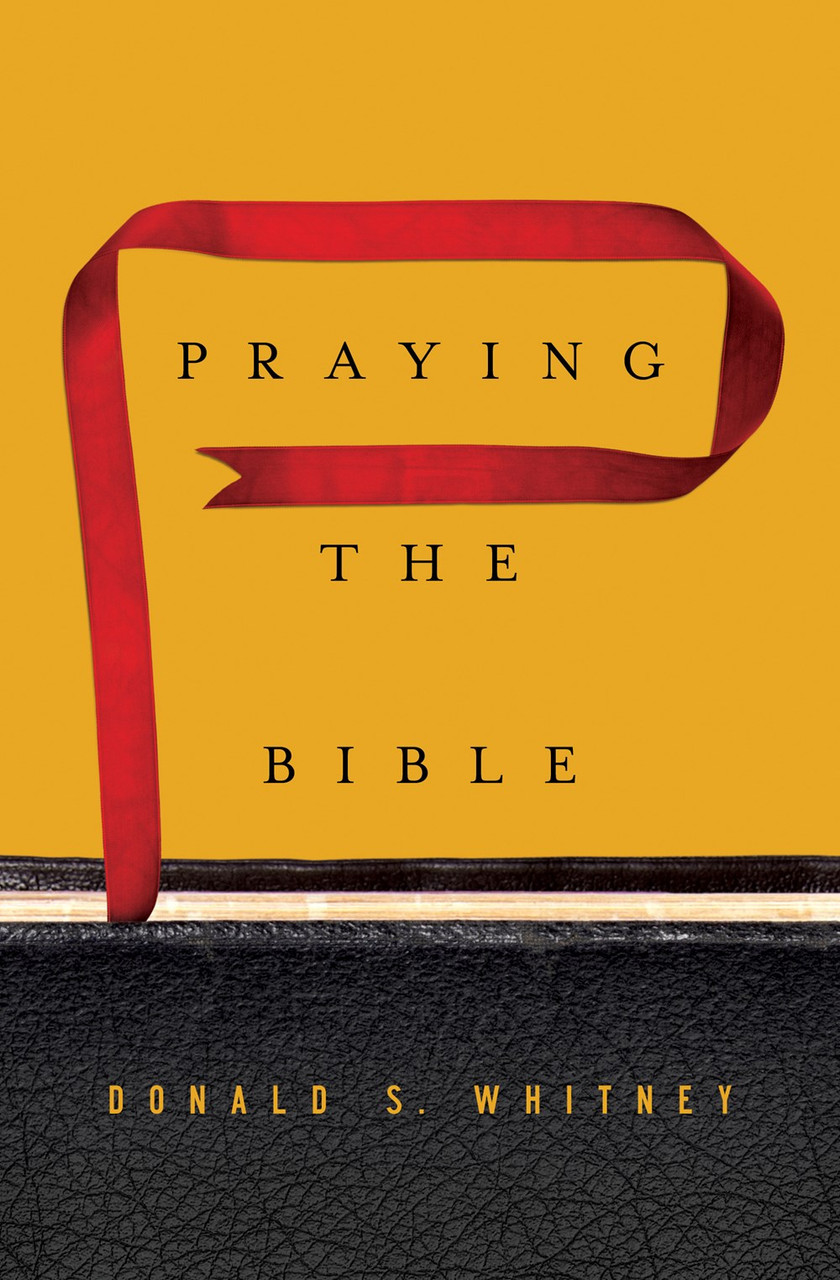
Many of us can’t focus for 5 minutes. The technological resources available to us opportune new pursuits without end. We can go in 1,000 directions and nowhere at the same time. This is a spiritual danger. The Bright Shiny Object fabricates a tale of fulfillment but lures us from reality. It promises what it cannot deliver, and we are susceptible if we are not paying attention to our spiritual lives. Challenging life situations, relational strife, and boredom—these and so many other circumstances can be a greenhouse of distraction from God.
John’s audience in Revelation was tempted by the Bright Sinny Object of safety and security, getting by and fitting in to get along and stay alive. Tempted to live for the here and now, to live as earth-dwellers instead of citizens of the soon-to-be-revealed heavenly city, John’s audience, too, was vulnerable to Satan’s lies.
Blessed Are the Alert
What is required of God’s people in this atmosphere of spiritual warfare? In Rev 3:3, Jesus urges the church in Sardis to keep alert since his coming is like a thief. In the sixth bowl judgment (Rev 16:12–16), John records the only speech report attributed to Jesus in any of the seal, trumpet, or bowl judgments. Jesus said, “Look, I am coming like a thief. Blessed is the one who is alert and remains clothed, so that he may not go around naked and people see his shame” (Rev 16:15, CSB). John ties together the role of keeping alert with the role of keeping one’s clothes. It is as if, in John’s mind, the level of the believer’s alertness is visible to the believer and the watching world.
We should understand the broader context of Jesus’s statement during the sixth bowl judgment recorded in Rev 16:12–16. John notes that unclean spirits that perform signs proceed from the mouths of the dragon, the beast, and the false prophet. The events detailed in the sixth bowl judgment assume that readers have fresh in their minds, among other passages, Revelation 12–13. The three-person demonic force described in Revelation 12–13 is here in Revelation 16:12–16, said to come upon the kings of the earth. Under demonic influence from the dragon, the beast, and the false prophet, the kings of the earth prepare for battle—anticipating the military imagery in Revelation 19–20. When the devil is the subject of signs in Revelation, those signs are always false but yet persuasive. The devil and his forces mimic and mock God and tempt believers to act in accord with the devil’s earthly program (Rev 13:13–14; 19:20). The devil uses schemes to distract us from God, warm us to the world, and orient our hearts to an earthly identity of sight rather than a heavenly identity of faith.
Motivations for Staying Alert
John would have his readers embrace the role of alert allegiance to God amid demonic temptation to live like earth-dwellers. In the sixth bowl judgment, John offers three ideas that compel us to embrace the role of keeping alert. First, as we stay alert and maintain allegiance to Jesus, we are protected from Satan’s traps and the spiritual deflation that they bring. Jesus’s promise of blessing those who embrace the role of staying alert rests on God’s justice to reward the faithful. Will not God be alert to those who are alert to him? Second, we should remember that God’s intervention to help us during trials and temptation can come at an unexpected time—like a thief’s arrival to seize property at the least expected moment (see Matt 24:43–44; Lk 12:39–40; 1 Thess 5:2–8; 2 Pet 3:10). The arrival of the thief in the night is our hope! God sends his aid in the darkest and most difficult seasons, so look for it when you feel weak, afraid, and vulnerable. Third, we need to be watchful so that the patterns of our lives, here represented as elsewhere in Revelation by the imagery of clothing (Rev 6:11; 7:9, 13; 19:8, 14), resemble enduring obedience to God.
Conclusion
So, how can you resist the devil’s distractions and embrace the role of one who remains alert? First, meditate on John’s motivations in the sixth bow judgment; cling to God’s justice as you watchfully wait for the thief in the night. Second, meditate on these motivations amid God’s people. John wrote Revelation to the seven churches as groups, and elsewhere, the author of Hebrews highlights the critical nature of life in community (see Heb 3:12–15; 10:19–25); remaining alert is not a solo role. Third, engage the mission Jesus gave to his church (Matt 28:18–20); a soldier engaged in active warfare is not easily distracted (2 Tim 2:1–7). Fourth, trust that God will enable you to stand firm and remain alert (2 Cor 3:4–6; Col 1:11–14; Eph 6:10–11;2 Pet 1:3).
¹ This is the fourth entry in a series of FTC blog posts noting how John uses a particular grammatical form, the articular substantival participle, for specific words in Revelation that resemble a playwright’s roles in a script.
² Brian J. Tabb notes that Jesus’s words resemble an interruption of the sequence of events that John records in the sixth bowl judgment (All Things New: Revelation as Canonical Capstone, NSBT 48 [Downers Grove: IVP Academic, 2019], 52).
³ Rev 16:15 is one of seven beatitudes John writes in Revelation, the others are in Rev 1:3; 14:13; 19:9; 20:6; 22:7; 22:14.
⁴ γρηγορέω in Rev 16:15.
⁵ G.K. Beale notes that keeping one’s garments implies refusing to commit idolatry and worship the beast (The Book of Revelation: A Commentary on the Greek Text, NIGTC [Grand Rapids: Eerdmans, 1999], 837).
⁶ We must not allow ourselves to be lulled into spiritual sleep by the demonically inspired seductions of the surrounding world or to be cowed into complacency through fear of persecution” (Alexander E. Stewart, Reading the Book of Revelation: Five Principles for Interpretation [Bellingham: Lexham, 2021], 150).
How does God's Word impact our prayers?

God invites His children to talk with Him, yet our prayers often become repetitive and stale. How do we have a real conversation with God? How do we come to know Him so that we may pray for His will as our own?
In the Bible, God speaks to us as His children and gives us words for prayer—to praise Him, confess our sins, and request His help in our lives.
We’re giving away a free eBook copy of Praying the Bible, where Donald S. Whitney offers practical insight to help Christians talk to God with the words of Scripture.

